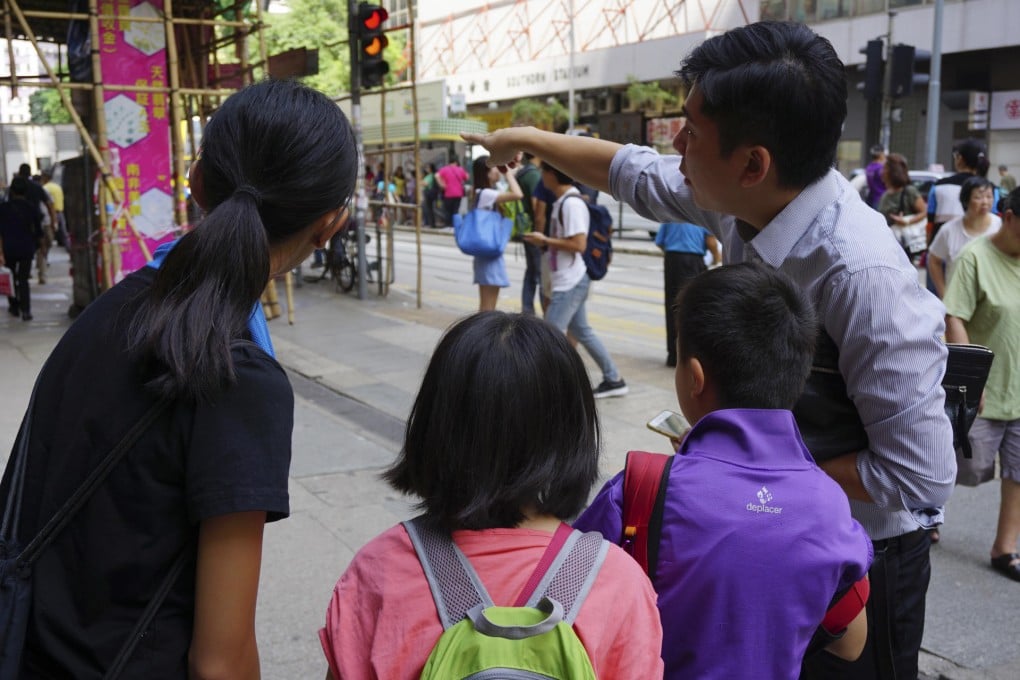The Hong Kong pupils taking a gap year to recover from primary school
A group of parents have taken their 12-year-old children out of mainstream education for a year to provide them with alternative, experiential learning

Twelve-year-old Colin might never have expected it, but his current school year is undoubtedly the most adventurous of all.
Instead of attending Form One classes like his peers, he is set for diverse learning experiences in the company of five other children of similar ages.
Their parents are among a few who have embraced the concept of the gap year, usually associated with secondary school graduates who spend a year exploring other experiences rather than progressing straight to further study.
They have decided to take their children out of normal schooling for a year to give them a much-needed respite from the high-pressure environment. In place of a packed curriculum and cutthroat competition in the local system, they have banded together to provide an alternative, experiential education for their children instead. Each is paying HK$5,000 a month for a coach to guide and accompany their children in a year-long journey.
Colin spent his first week navigating around various neighbourhoods with the other children - two of whom were due to be in Primary Five, while the rest would also have been in Form One. The group ventured in search of landmarks, such as a pre-war pawn shop in Wan Chai, the Hong Kong Museum of History in Tsim Sha Tsui East, and the much-hyped escalators linking Central with the Mid-Levels. They were given a small allowance each day for lunch and transport, so they had to resort to public transport and affordable food.
"He was very happy and excited about the trips, being able to visit different places every day," says Colin's mother, Doreen Ho Mei-yee. "The trips helped boost his self-confidence and trained him in useful life skills, such as problem solving and decision making. They asked different people on the streets for directions to their target destinations, and had to decide what advice to take and how to get there."
